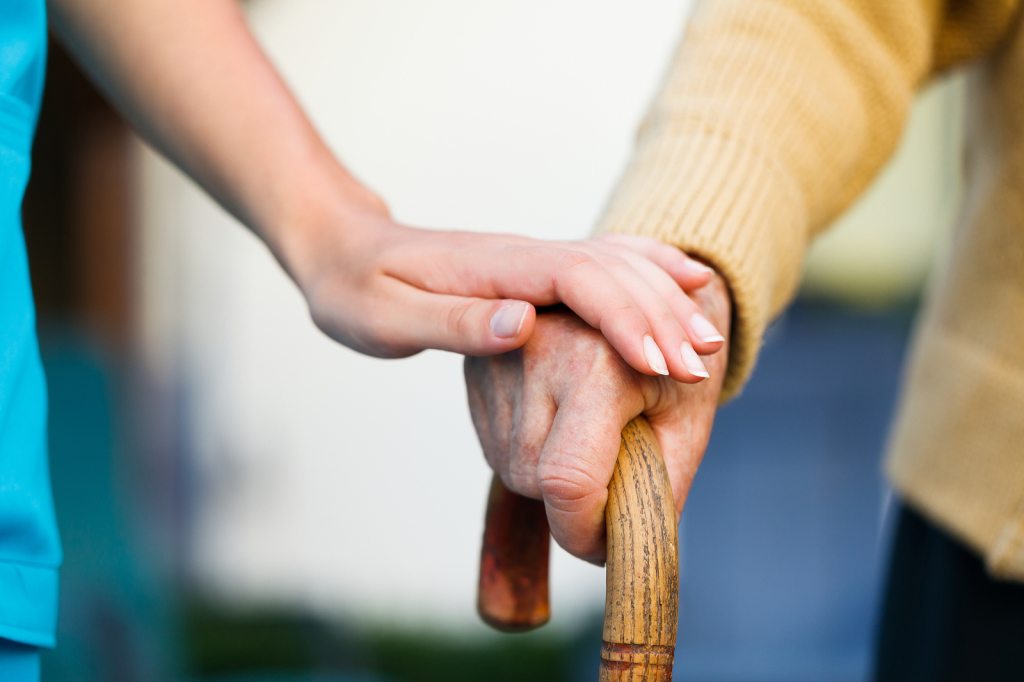Nursing homes and assisted living facilities promise to deliver high-quality medical care, to protect their residents’ legal rights, and to treat their residents with courtesy, dignity, and respect. Unfortunately, many Pennsylvania nursing homes fail to deliver on the promises they make to well-meaning family members who only want to see their loved ones cared for, including those in Cumberland County.
If you are worried that your relative is being neglected or mistreated by their caregivers, it’s crucial that you speak with an attorney before the situation escalates further. To start discussing your claim in a free and confidential case evaluation, call Cumberland County nursing home abuse lawyer Brent Wieand at (215) 666-7777 right away.

The two major issues facing nursing home residents are abuse, and negligence. Abuse may be physical, verbal, sexual, or financial, but all forms of abuse share one trait in common: they are deliberate and intentional acts. By contrast, negligence occurs when a person or company causes death or injury by failing to obey the relevant laws and industry standards. The basic components of proving negligence are that:
The Nursing Home Injury Help Center handles claims related to both negligence and abuse, including but not limited to:

Places like banks, hotels, restaurants, and hospitals must follow special safety codes and legal rules to uphold the rights and responsibilities of their patrons and employees alike. Nursing homes and assisted living facilities are no different: they are bound to obey certain state and federal standards, or else risk the consequences of lawsuits, massive fines, and other penalties.
In accordance with the FNHRA (Federal Nursing Home Reform Amendments), also referred to as OBRA ’87, nursing home residents are guaranteed certain legal rights, including but not limited to:
In addition to upholding their patrons’ legal rights, care facilities also have certain responsibilities that govern different aspects of their daily operations. For example, nursing homes must:
If you think your loved one’s elder care facility is violating any of these rules or rights, call Brent right away to learn more about penalties for non-compliance and how to help fix the situation.

Nursing homes require their residents to sign a basic residency agreement prior to taking up tenancy, much in the way a landlord would require a tenant to sign a general lease. However, these agreements often include something called an arbitration clause, which can present serious stumbling blocks for residents and their families in the event of death or injury.
Essentially, an arbitration agreement says that the resident cannot sue the nursing home if anything should go wrong, and instead must submit to a legal process called arbitration. Unlike litigation, which refers to trials and is what most people imagine when they picture legal disputes, arbitration involves a panel of people who collectively act as “judges” and decide matters with a vote. In the context of nursing home agreements, arbitration is binding, which means the final decision cannot be overruled by a court unless there are exceptional circumstances.
Fortunately, the mere existence of an agreement does not necessarily guarantee that it will hold up in court. It is possible that your binding arbitration agreement is not actually enforceable due to any number of reasons, such as the resident not having the mental capacity to fully understand and consent to the agreement. Courts have been known to strike down arbitration agreements in the past, and your attorney can help advocate on your family’s behalf as to why the agreement you signed may not be valid.
If you’re worried about elder abuse or neglect, call our nursing home abuse attorneys at (215) 666-7777 for a free and private legal consultation.
Disclosure: Attorney Brent Wieand’s office is located in Philadelphia, PA. We happily serve clients throughout all of Pennsylvania and New Jersey.
